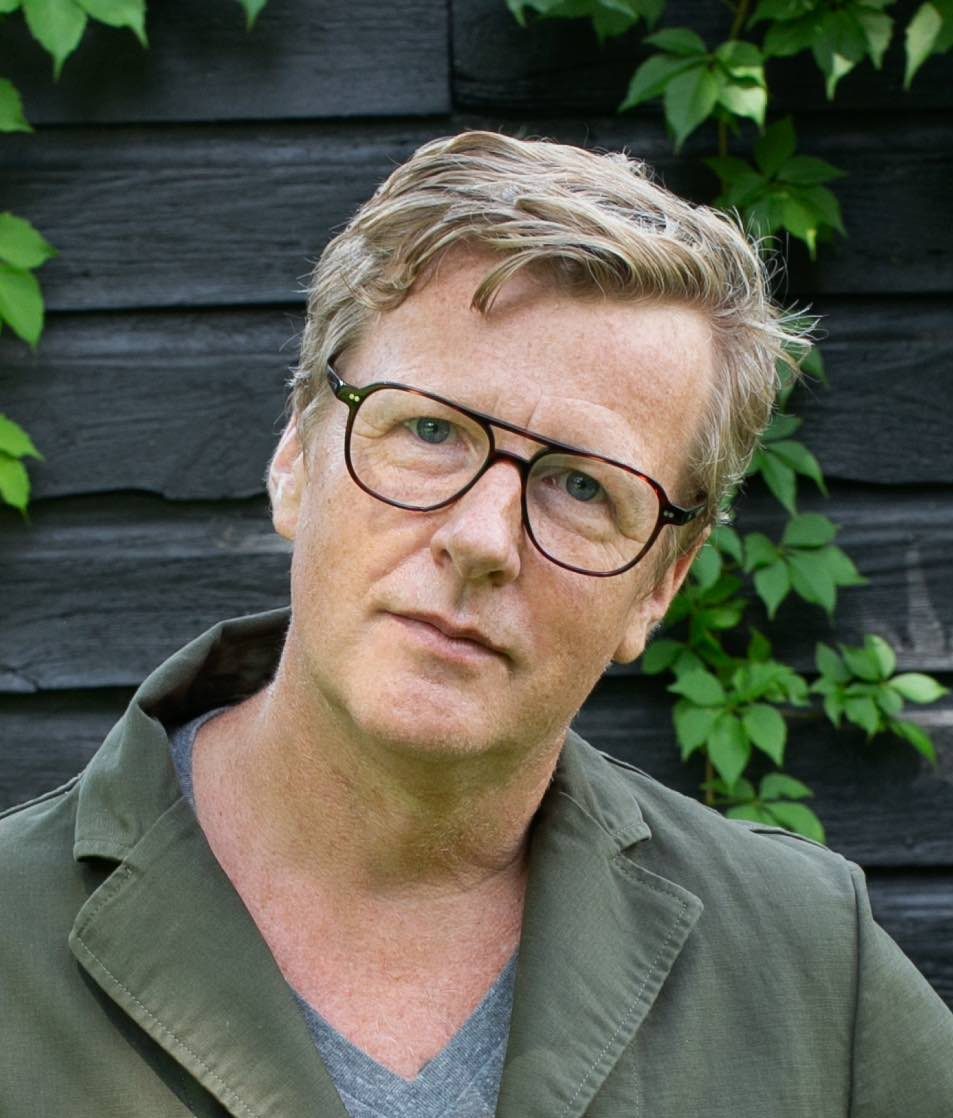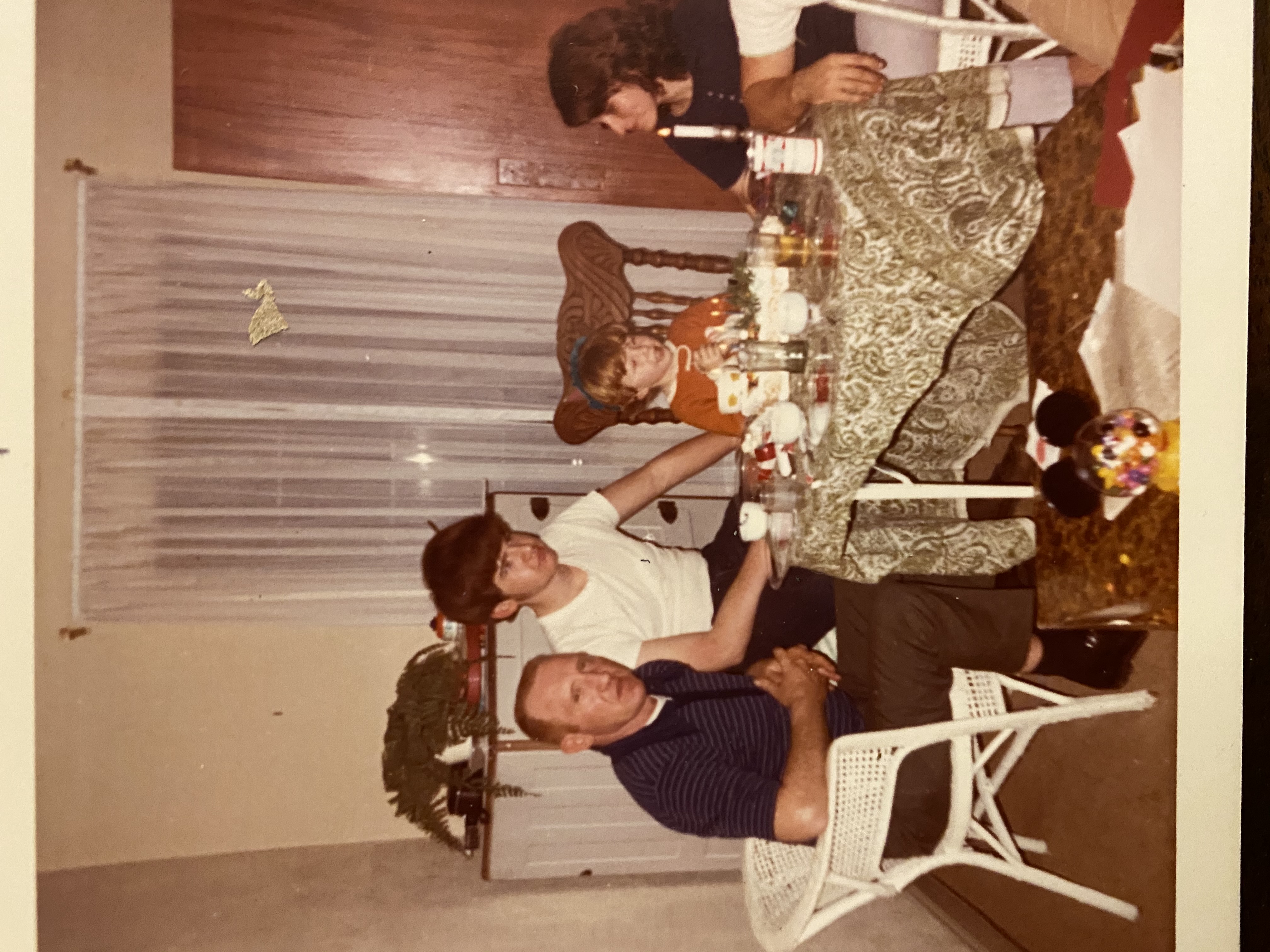Thanksgiving is a particularly important holiday for me, in part because it reminds me of my uncle Russell. My mother’s brother was hearing-impaired, and each year’s Turkey Day meal at our house was conducted in silence. Communication took the form of rapid-fire, wildly articulate gestures that I barely understood because my own grasp of sign language extended only to finger spelling. Sometimes there were gestures that we children weren’t supposed to get, or visual puns I barely understood; but I remember these dinners as animated, joyous, and loving occasions, even without the sound.
This year’s holiday is going to create vastly different memories for many people – because of the extra tension hanging over it. Of course the politics, which always affect Turkey Day conversations, will be especially intense this year. But they’re just a small part of the challenge. We’ve never had Thanksgiving during a major pandemic before. And many of us are still unprepared, especially for the emotional challenge.
From the sensitive issues of travel, quarantine and safety, to job loss and grief, there are numerous reasons why loved ones who you would normally expect to be around your Thanksgiving table won’t be there this year. Beloved traditions will be disrupted, and the only options for connection will be in the virtual space.
It’s a lot to deal with, and we need new ways of dealing with it. I’m not suggesting that we all learn sign language. But I am suggesting some new rituals to help regain the sense of warmth, cheer, and fellowship that are supposed to be part of the Thanksgiving experience.
Start with long-distance remote feasting—literally eat your entire meal over Zoom. And if we really want to bond together, we won’t just share the dinner long-distance, but other parts of the day as well. We can watch the game and cheer together over Zoom. Cheering and singing is a cultural and psychological bonding mechanism, releasing dopamine into our system. In fact, social psychology research suggests that people who cheer for the same team connect in a heartfelt way, even if they have divergent political points of view.
Get creative with other games to play online. Games are a constructed conversation, where following the same rules and guidelines create a shared safe space for common experience. We can stick with Monopoly, which is really a big lesson in deal making and collaboration, or switch to a game like Cards Against Humanity (presumably the family edition), which asks us to trigger each other with mock cynicism, and thereby shows us how much we have in common.
We should of course prepare for the extra heaviness we will feel this year. People tend to disagree at Thanksgiving, even over simple things like, “That’s not the way we baste a turkey.” This year, we may feel like fighting about whether or not to wear masks in the house, or how far apart to space the chairs. We need to be open and gentle with each other, because these conversations are about risk and comfort, and people can be triggered by seemingly simple aspects of life. Make time to talk these issues through ahead of time, so that you’re ready when everyone shows up at your virtual door. Children, who have probably been wrestling with these may have their own questions. This is a good year to give them a voice.
Perhaps the most common Thanksgiving ritual – going around the table to express what we are grateful for and offer a prayer – will be more difficult in many families. Even in ordinary times, there are undercurrents of serious problems, like eating disorders, abusive relationships, or hidden moments of pain. In 2020, we may need some extra conversational support. For example, try saying something like, “Listen for one thing that makes you feel proud and inspired about those gathered at the table.” Then be silent and wait for people to be moved to speak.
In general, silence may be a balm. As it did for my mother’s family, it can allow us to reflect and interact in a more profound way. When I suggested this to one friend, he said, “My family couldn’t be silent at our own funeral.” But it’s worth the effort to try. When you’re cooking, instead of chattering, put on music in the background conducive to everybody working on their own dishes. Just making things together in silence tends to bring out interpersonal harmonics, especially when people must be together but apart. It might just conjure the image of a Quaker meeting or a Zen retreat which would add a welcome sense of calm to your day.
Neuroscientist Rob Healy notes that some forms of silence are linked to truly creative thinking—think when an idea comes to you in a shower or on a quite walk. Conversely, the noise of loud and overlapping conversations at the dinner table can stress our sympathetic nervous systems as our brains struggle to distinguish threatening sounds from friendly voices. This fight-or-flight response increases our cortisol, revs up our adrenaline, and powers down parts of the prefrontal cortex that play a crucial role in regulating our emotions and exhibiting self-restraint.
When the evening is over, whether over Zoom or in person, express love and gratitude across the boundaries of this year. Consider leaning back to back while saying I love you (oxytocin), singing (dopamine), or just borrow the silent bow from other cultures that demonstrates both honor and respect. These actions can carry you past the day to help prepare you for the winter ahead.


